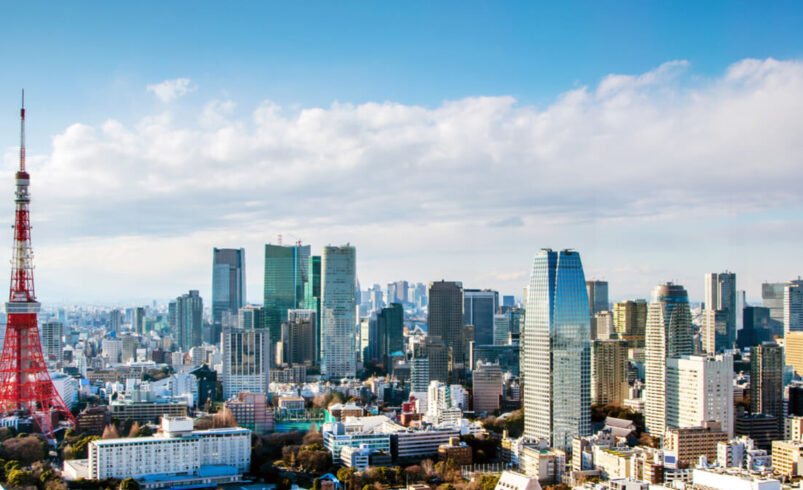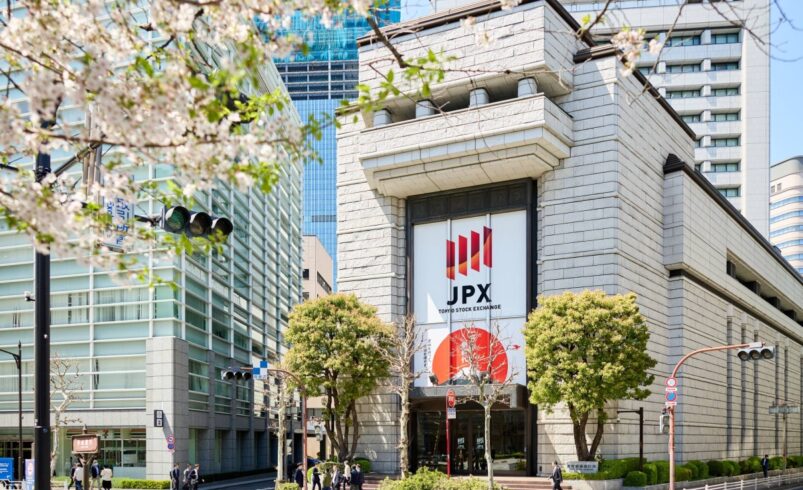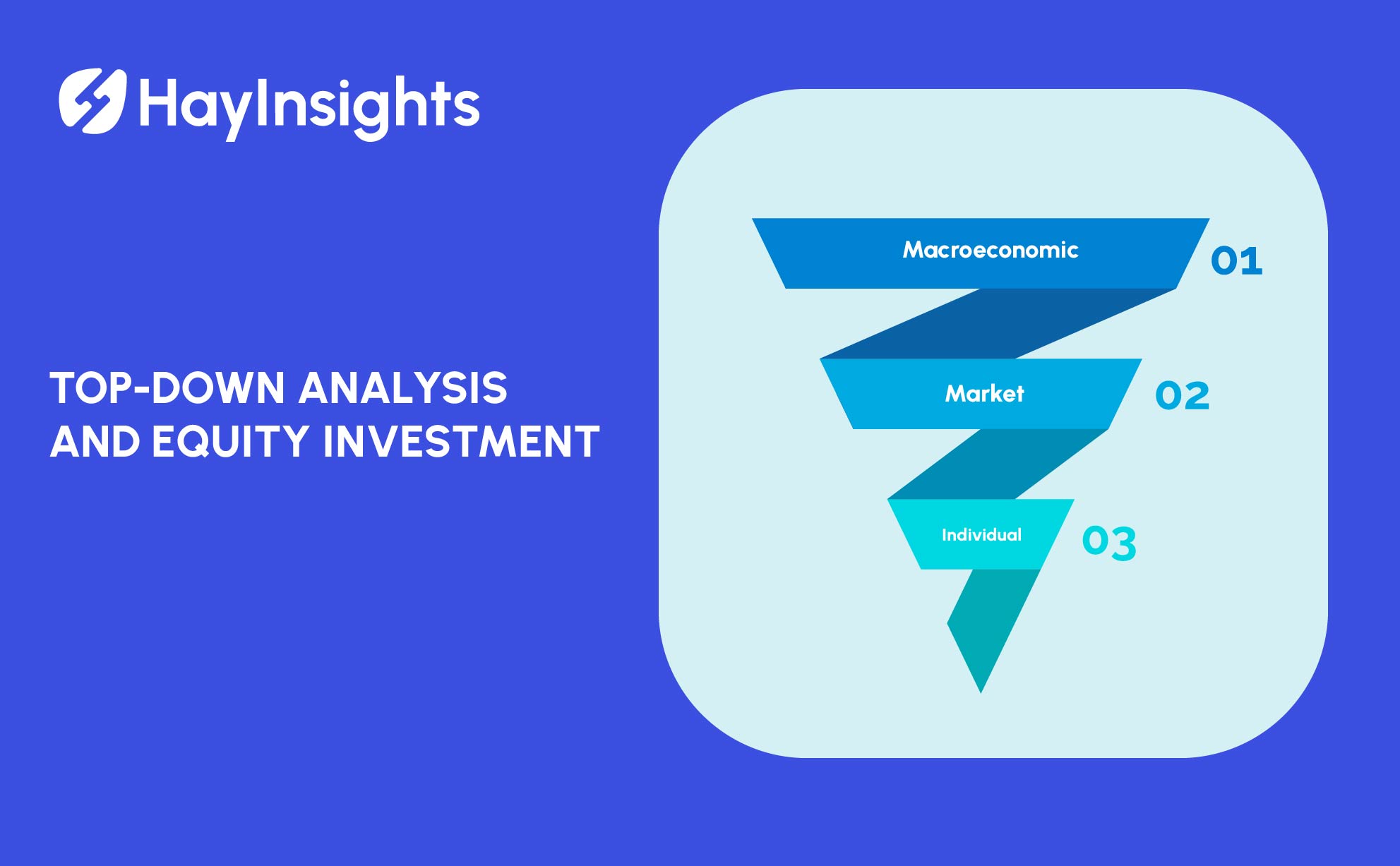
日本の不動産は良い投資か:2025年版究極ガイド
日本の不動産市場は長年、特に安定性、文化、そしてグローバルな分散投資を求める外国人投資家の関心を集めてきました。「日本の不動産は良い投資対象なのか?」と自問自答したことがあるなら、このガイドは経済動向、法制度、賃貸収益、そして将来の見通しなど、あらゆる重要な側面を解き明かします。
日本の不動産市場を理解する
日本の不動産市場は多様で構造化されており、超近代的な都会の高層マンションから閑静な田舎の住宅まで、幅広い選択肢が揃っています。東京や大阪などの都市では土地が不足しており、不動産価格が上昇しています。一方、地方では人口減少が進んでおり、不動産価格は低下しているものの、需要も低下しています。
東京は国際的なビジネスとライフスタイルの中心地であり続け、高級住宅や商業用不動産の魅力的な誘致地となっています。一方、福岡や札幌といった地方の中心都市は、住みやすさと価格の安さから人気が高まっています。
日本の不動産に影響を与える経済要因
日本の超低金利は、投資家がこの市場を魅力的と考える主な理由です。日本は数十年にわたりデフレと闘ってきたため、不思議なことに、借入条件は有利です。こうした経済状況のおかげで、不動産ローンは長期的に見て手頃な水準を維持しています。
しかし、日本の人口は急速に減少し高齢化が進んでおり、長期的な需要に影響を及ぼす懸念があります。とはいえ、都市部への人口流入と外国人居住者の流入は、こうした人口動態の課題の一部を相殺しています。
外国投資家のための法的枠組み
外国人は日本で土地や建物の所有権に制限なく不動産を所有できます。不動産購入にビザは不要で、所有権は日本の法律で明確に保護されています。しかし、不動産を購入しても居住権や長期滞在ビザは付与されないため、購入者はこの点を考慮して計画を立てる必要があります。
法的文書は日本語で書かれているので、取引の際には信頼できるバイリンガルのエージェントや法律顧問と協力することが重要です。
物件の種類とその魅力
コンパクトなマンションから伝統的な町家まで、日本には多種多様な物件タイプがあります。
-
住宅: 都市部のアパート、郊外の住宅、一戸建て住宅
-
商業施設: オフィスビル、小売スペース
-
ホスピタリティ: ゲストハウス、旅館、ホテルへの投資(特に観光地の近く)
各カテゴリーには、場所や市場の需要に応じて、独自の魅力とリスク プロファイルがあります。
日本で不動産投資に人気の都市
-
東京: 高い賃貸需要、優れた交通、そして国際的な魅力
-
大阪: 強力な経済、食文化、商業の成長
-
福岡: 成長著しいテクノロジーハブ、生活の質、そして手頃な価格
-
札幌: 季節ごとの観光やセカンドハウスとして人気
これらの都市では、投資戦略に応じて、資産価値上昇の可能性と賃貸収入の両方が得られます。
不動産価格と歴史的傾向
日本の人口増加率は横ばいであるにもかかわらず、東京都心部と大阪の不動産価格は、希少性と需要に牽引されて着実に上昇しています。2024年には、東京の住宅価格は世界的な傾向に反して4.2%上昇しました。しかし、郊外や地方では価格変動が激しく、下落または停滞するケースが多く見られます。
この対照により、都市部への投資は資産価値の向上に適しており、一方、田舎の地域はライフスタイル購入者や長期保有者に適している可能性があります。
賃貸利回りと投資収益率(ROI)
東京の平均賃貸利回りは、立地や物件の種類によって異なりますが、3%から5%の範囲です。ビジネス街に近い高級マンションは高額な賃料が付く一方、築年数が古い物件や郊外の物件は利回りは高くなりますが、メンテナンスが必要です。
Airbnbのような短期賃貸オプションは、地域の規制はさまざまですが、観光が活発な都市ではより高い収入を得られる可能性があります。
日本で不動産を購入する際にかかる費用
購入者は以下の予算を計上する必要があります:
-
登録税 (0.4%-2%)
-
印紙税
-
不動産仲介手数料 (通常3%+60,000円)
-
不動産取得税
-
固定資産税および都市計画税
メンテナンスコストは比較的低いですが、古い建物では更新が必要になる場合があります。
外国人向けの融資と住宅ローンの選択肢
一部の日本の銀行は、特に現地収入や永住権を持つ非居住者向けに住宅ローンを提供しています。新生銀行やプレスティアなどの国際銀行も、外国人居住者向けのサービスを提供しています。
通常必要な書類:
-
有効なパスポート
-
収入証明
-
ビザ/居住ステータス
-
納税申告書
金利は通常 2% 未満であるため、日本は最も借りやすい国の一つとなっています。
日本への投資におけるリスクと課題
日本は、特に一部の地域で地震や台風などの自然災害が発生しやすい地域です。1981年以降に建設された建物は厳格な安全基準を満たしているため、新しい建物の方が耐久性に優れています。
国内の人口高齢化と農村部の需要減少も、人口の少ない地域での長期的な再販価値を低下させる可能性があります。
観光と短期賃貸の影響
観光業は短期賃貸の需要を継続的に刺激しています。しかしながら、自治体はAirbnbのような宿泊施設を規制する規則を制定しています。一部の地域では、賃貸期間を制限したり、登録を義務付けたりしています。
投資家は罰金や閉鎖を避けるために現地の法律を遵守しなければなりません。
不動産投資を支援する政府の政策
日本政府は、補助金や税制優遇措置によって地方都市を活性化させ、外国投資家にとって魅力的な都市にしています。「構造改革特区」などの制度では、対象地域において不動産や事業への優遇措置が設けられています。
日本と他のアジアの不動産市場の比較
シンガポールや香港などの市場と比較すると、日本はより手頃な価格と高い利回りの可能性を秘めています。韓国とは異なり、日本には外国人投資家による不動産所有に関する厳しい規制がありません。透明性の高い法制度と低い借入コストは、アジアの不動産市場において日本に優位性を与えています。
投資家の成功事例
多くの投資家は、学生寮、スキーリゾート近くの別荘、高齢者介護施設といったニッチなセグメントをターゲットにすることで利益を上げています。あるオーストラリア人投資家は、大阪で900万円のマンションを購入し、改装と外国人入居者へのマーケティングを行った結果、5.5%の賃貸利回りを達成しました。
将来の展望:2030年までに何が期待できるか
専門家は、土地の少なさと継続的な需要により、日本の不動産市場は主要都市で安定を維持すると予測しています。スマートホーム技術、環境に配慮した建築、そして海外からの関心が、次の開発の波を牽引するでしょう。
日本で初めて住宅を購入する人のための専門家のヒント
-
バイリンガルの不動産業者を雇う
-
バイリンガルの不動産業者を雇う
-
大幅な改修がない限り、築30年以上の建物は避ける
-
災害保険と履歴を確認する
-
借地権と自由保有権の違いを理解する
それで、日本の不動産は良い投資なのでしょうか?
安定性、透明性、そしてグローバルな分散投資を求める投資家にとって、日本は魅力的な選択肢です。自然災害や人口動態といった課題はあるものの、強力な法的保護、都市部の需要、そして政府改革によって、長期投資家にとって戦略的な市場となっています。
よくある質問
1. 外国人が日本で不動産を購入するのは難しいですか?
いいえ。外国人は所有権に関して制限はありませんが、言語や法律上のニュアンスの違いにより、法的支援を受ける必要があります。
2. 東京の賃貸物件はどれくらい収益性が高いですか?
賃貸利回りは平均 3% ~ 5% ですが、郊外や学生中心の地域では高くなります。
3. 不動産を購入すれば日本に住むことはできますか?
いいえ。不動産を所有していてもビザが取得できるとは限りません。居住権を取得するには別途申請が必要です。
4. 日本で不動産を購入する際に隠れたコストは何ですか?
税金、仲介手数料、メンテナンス、改修費用を予想してください。
5. 日本の不動産は時間の経過とともに価値が上がるのでしょうか?
都市部では安定した住宅価格上昇が見込まれますが、地方の住宅は需要がないために価格が下落する可能性があります。
6. 日本の不動産は自然災害に対して安全ですか?
新しい物件は厳格な地震基準に従っているので、必ずハザードマップを確認してください。













